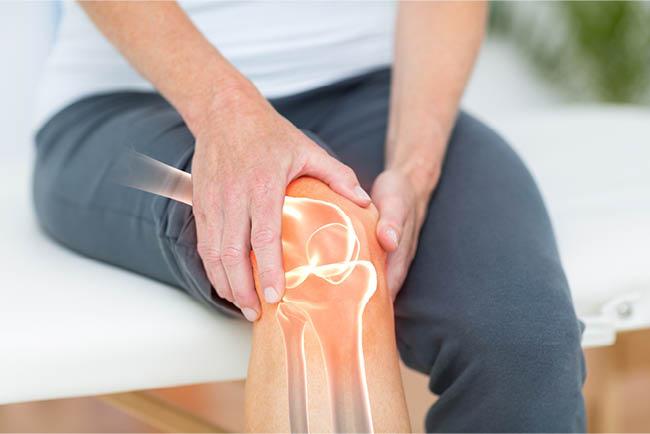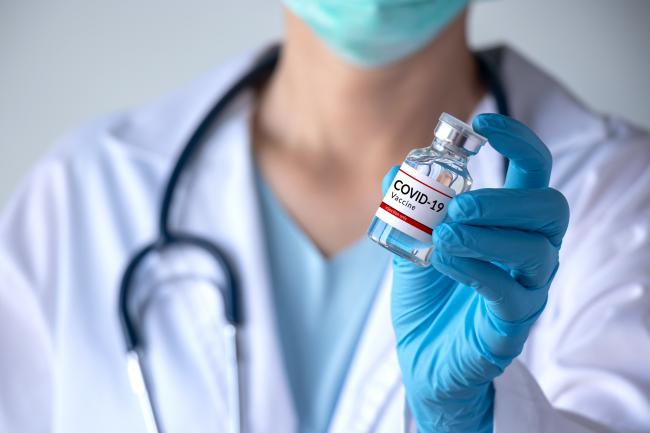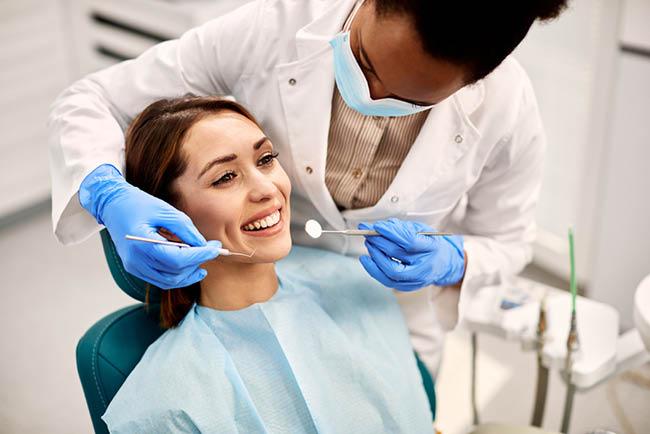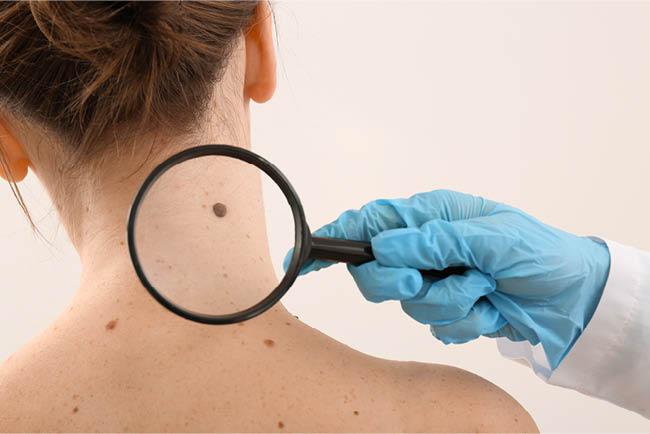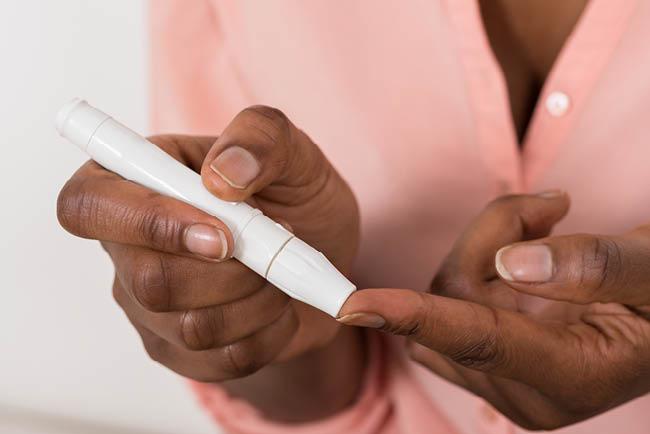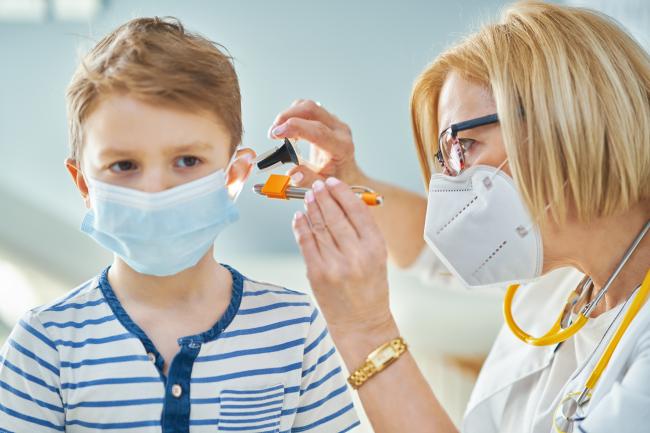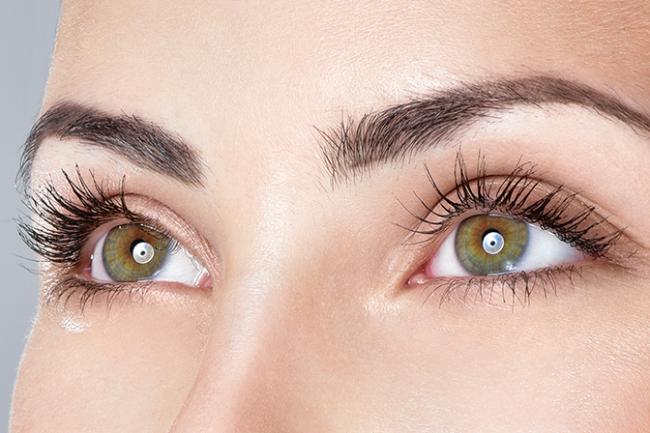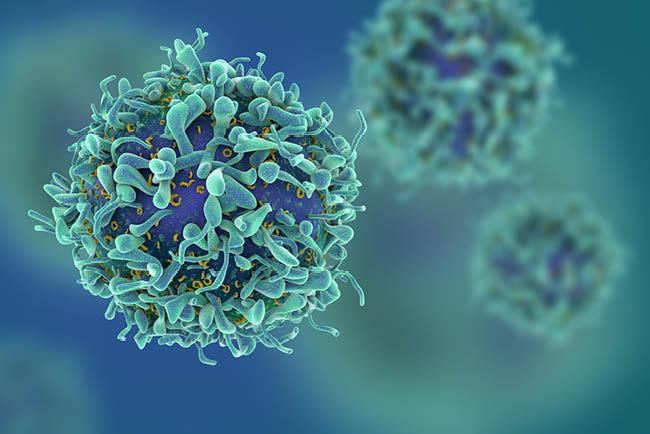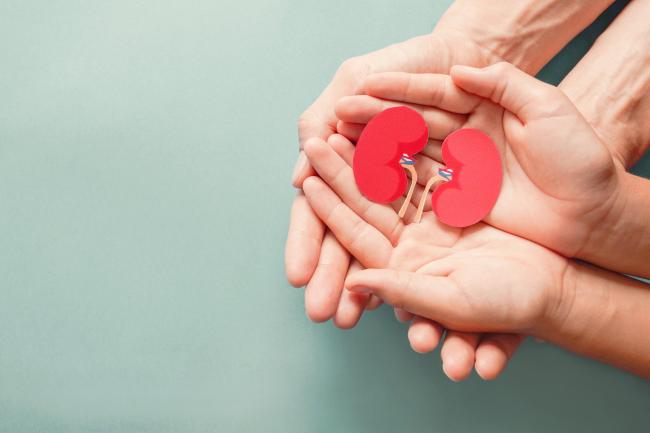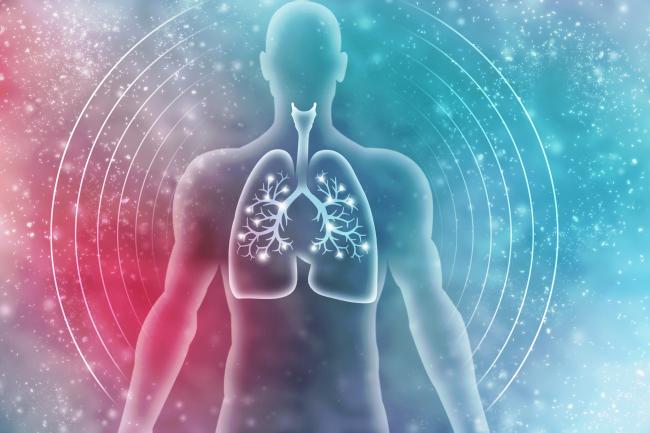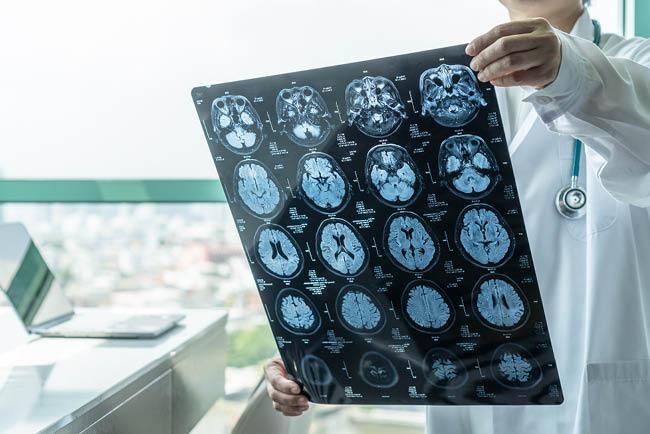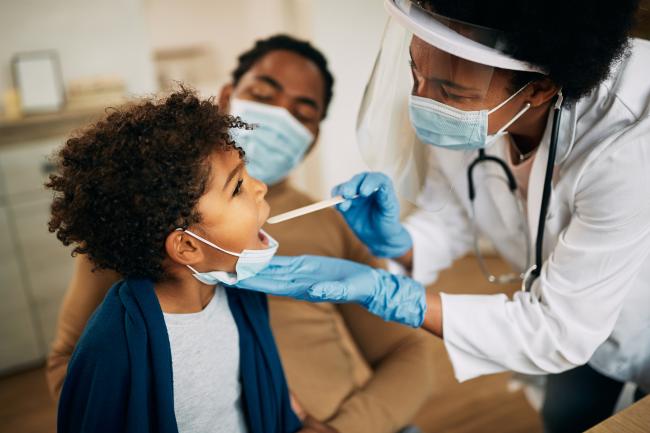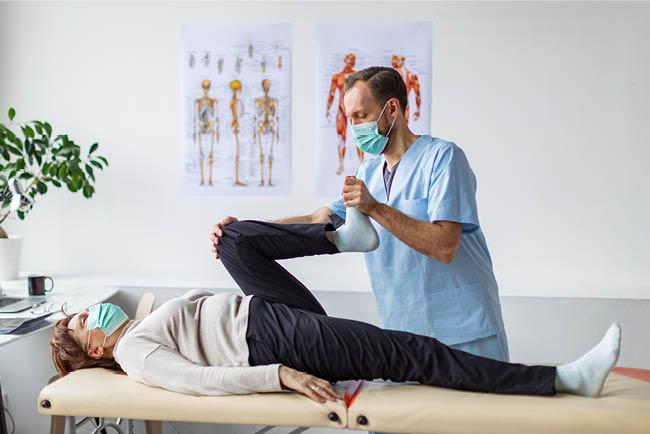Study Categories
-
Parent-Infant Eye Tracking Study for Children With and Without Hearing Loss
Official Title
Development of Parent-Child InteractionsPurpose
This study will examine how a child’s hearing loss may affect the dynamics of parent-child interactions. The study will observe how normal-hearing and hearing-impaired child learn novel words during videotaped parent-child interactions.
Individual study visits may last 30-45 minutes, and there may be multiple study visits per year.
Could this study be right for you?
- Families with children 9 months to 6 years of age
- Children who do and do not have hearing loss may be eligible to participate in this study -
Performance and Cognitive Changes Across Menstrual Phase
Official Title
Performance and Cognitive Changes Across Menstrual PhasePurpose
This study will look at the influence of the hormonal changes that occur between the early-follicular and mid-luteal phases of the menstrual cycle on neurocognitive performance before and after an intense resistance workout in premenopausal, moderately active females. Additionally, this study will be determining the accuracy and usefulness of using a menstrual cycle tracking phone application in predicting menstruation and ovulation
Your participation in the study will last between 2 and 3 months dependent on where in your current menstrual cycle you are upon enrollment in the study. There are 6 total visits across the 2 to 3 month study duration.
Could this study be right for you?
The eligibility criteria are as follows:
1. Be between the ages of 18 and 35
2. Participate in at least 3 hours of planned physical activity per week
3. Able to squat 100% of your body weight
4. Able to bench press 70% of your body weight
5. Using non-hormonal contraceptivesAge Range
18 and up -
Perinatal Arterial Stroke: The I-ACQUIRE Study
Official Title
Perinatal Arterial Stroke: The I-ACQUIRE StudyPurpose
Children who suffered a stroke before or shortly after being born that was caused by blockage of blood flow in an artery, it often results in the child showing some weakness on one side of their body.
With this study, we want to find out if a type of therapy may help children who have weakness on one side of their body due to perinatal arterial ischemic stroke, learn how to better use their weaker arm.
All children will be in the study for about 13 - 15 months. Some children may be in the study for a longer period, depending on which treatment they receive during Phase 1 of the study. The I-ACQUIRE therapy involves fun learning and play, self-help activities, and manipulating interesting toys and objects.
Could this study be right for you?
- Your child must be between the ages of 8 and 36 months old when beginning this study
- Your child must have suffered an a perinatal arterial ischemic stroke
- Upper limb weakness
- Parents must be able to participate at least 1x/week for therapy and 40-60 minutes/day at home -
Play and Learning Across a Year
Official Title
Play and Learning Across a YearPurpose
The primary goal of this research is to learn how children and mothers interact at home and how that interaction and the home environment affect learning and development. (1) We will film you and your child playing and going about daily activities for an hour in your home (2) We will film the rooms in your home, create floor plans of the rooms and spaces that are accessible to your child, and record the noise level in your home (3) We may ask you questions about your child’s movement, language, emotion, health, toys and animals and media use in the home, and racial and ethnic background as well questions about family health, division of household labor, and education. (4) We may ask you and your child to play with a set of child-friendly toys for a few minutes. This single session study will last between 2 and 3 hours.
Could this study be right for you?
- healthy children less than 2 years old - children born full-term - only child living in household - primary language is English
-
Registry for Shoulder Surgery Outcomes
Official Title
Shoulder Surgery Outcomes RegistryPurpose
This registry will collect outcomes data of patients undergoing shoulder surgery with Dr. Jonathan Barlow or Dr. Julie Bishop. The purpose of this registry is to provide a way to collect and store data for patients undergoing shoulder surgery to support the conduct of future research in an effort to improve patient outcomes.
Could this study be right for you?
- A patient undergoing surgery with Dr Jonathan Barlow or Dr Julie Bishop (will be asked to enroll once the clinical decision has been made to proceed with surgery)
- 18 to 89 years old
- Able to provide consentAge Range
18 and up -
Reviewing and Evaluating Resources Related to Dizziness and Home Based Therapies
Official Title
Usability & Acceptability of a Patient-Oriented Educational Resource for DizzinessPurpose
The purpose of this study is to look at a web-based tool on the topic of dizziness so that we can create resources for teaching patients about causes of dizziness and home-based therapies. We are recruiting patients with dizziness and/or general volunteers to review the web-based tool and then provide feedback which will then be used to help update requirements for the educational tool. This study will take about 20-30 minutes of your time to review a website and complete a survey. If you decide to also participate in the discussion, it will take about 20-30 more minutes.
Could this study be right for you?
- Participants must be 18 years or older - able to speak and read English at an eighth-grade level or above - be willing and able to participate
Age Range
18 and up -
Rotator Cuff Study--For Those Who Require Surgical Treatment for Full Thickness Massive Tear
Official Title
A prospective, single blinded, multi-center, randomized, controlled, pivotal study to assess the safety and effectiveness of the InSpace™ device for treatment of full thickness Massive Rotator Cuff TearsPurpose
This research study will evaluate a new device, InSpace, for use with a full thickness massive tear of rotator cuff (the group of connective tissues in the shoulder). The device is designed to allow smooth gliding of the bones in the shoulder during motion, which may allow rehabilitation exercises with less pain. The research study is being conducted to see whether the InSpace device is safe and effective for shoulder problems due to a full thickness massive rotator cuff tear.
Could this study be right for you?
1) Is male or female ≥ forty (40) years of age
2) Positive diagnostic imaging by MRI within 9 months of enrollment of the index shoulder indicating a full thickness MRCT: measuring ≥ 5 cm in diameter (Cofield classification) and involving ≥ two tendons
3) Functional deltoid muscle and preserved passive range of motion on physical examination
4) Failed non-operative treatment of at least 4 months from the initial treatment to include one or all of the following: Oral analgesics, Anti-inflammatory medication (e.g., ibuprofen, naproxen), Corticosteroid injection(s), Physical therapy, Activity modification, or Rest (sling used)
5) Must be able to read and understand the approved Informed Consent Form (written and oral)
6) Must be in general good health (as determined by the Investigator) based on screening assessments and medical history
7) Must be independent, ambulatory, and can comply with all post-operative evaluations and visits.Other details will be shared by the study coordinator.
Age Range
40 and up -
Study to Assess the Efficacy and Safety of Adjunctive NBI-1065845 in Adults with Major Depressive Disorder (MDD) (SAVITRI)
Official Title
Study to Assess the Efficacy and Safety of Adjunctive NBI-1065845 in Adults with Major Depressive Disorder (MDD) (SAVITRI)Purpose
The purpose of this study is to evaluate the effectiveness and safety of NBI-1065845 compared with placebo. In addition to the study drug, participants will continue their normal antidepressant medications. The main goal of this study is to examine the improving symptoms of depression.
The duration of the study will last 14 weeks, including up to 4 weeks of screening, 8 weeks of study drug dosing, and a follow-up period of 2 weeks.
Could this study be right for you?
• Aged 18-65 years old
• Have a diagnosis of Major Depressive Disorder (MDD)
• Currently depressed
• Poor response to antidepressant treatmentAge Range
18 and up -
Studying a New Method to Evaluate Blood Flow in Patients with Peripheral Artery Disease (PAD)
Official Title
Radiotracer Imaging of Lower Extremity Skeletal Muscle Perfusion in Patients with Peripheral Arterial DiseasePurpose
The purpose of this study is to study a new method to evaluate blood flow to the calves and feet. We hope this information can help evaluate the effectiveness of treatments and predict clinical outcomes. Participants will be required to attend one (2 hr) session at Nationwide Children's Hospital.
Could this study be right for you?
-Diagnosis of Peripheral Arterial Disease (PAD) OR leg symptoms, such as muscle pain or cramping AND/OR foot wound that has required medical consultation Healthy volunteers - must be at least 40 years of age - no history of cardiovascular disease (including high blood pressure) - no history of diabetes mellitus - non-smoker - normal BMI
Age Range
40 and up -
Studying the Effects Nitrous Oxide (Laughing Gas) Has on Aggression
Official Title
Nitrous Oxide and Cortico-Limbic Function in Aggression (Laughing Gas Study or LGS).Purpose
The purpose of this study is to see how laughing gas (nitrous oxide) changes brain activity in study participants with and without “anger issues”. Brain activity is measured by Magnetic Resonance Imaging.
The length of time you will be involved in this study will be 4-8 weeks.
Could this study be right for you?
- You are a medically healthy man or woman
- You are between the ages of 21 and 55 years of age
- Do not abuse alcohol or other drugs
- With a current history of “anger issues”
- Able to complete study sessions during the weekAge Range
21 and up -
The ARCADIA Study -- A medication study for prevention of recurrent ischemic stroke
Official Title
AtRial Cardiopathy and Antithrombotic Drugs In prevention After cryptogenic stroke (ARCADIA)Purpose
The purpose of this research study is to compare the effects (good and bad) of apixaban with the effects (good and bad) of aspirin in patients with unexplained strokes and atrial cardiopathy to see which is better at prevention of future strokes.
Could this study be right for you?
- You are at least 45 years old
- Clinical diagnosis of ischemic stroke* of unknown cause (ESUS or cryptogenic) in the last 120 days
- Underwent an echocardiogram as part of your stroke work up
- No history of atrial fibrillation (irregular heartbeat)
- No known allergy or intolerance to aspirin or apixaban*An “ischemic” stroke is an injury to the brain caused by a blocked blood vessel supplying the brain.
Age Range
45 and up -
The Brain Exercise Study
Official Title
Strategies for the Development of Social Cognitive Training for Impulsive Aggression (Brain Exercise Study or BES).Purpose
The purpose of this study is to see if brain exercise done on the computer can reduce aggression in those with “anger issues”. The study is a six-week clinical trial using selected brain exercises versus other computer-based exercises.
Could this study be right for you?
- Medically healthy man or woman - You are between 21 and 55 years of age - With a current history of “anger issues” - You have regular access to a computer and a smart phone
Age Range
21 and up




